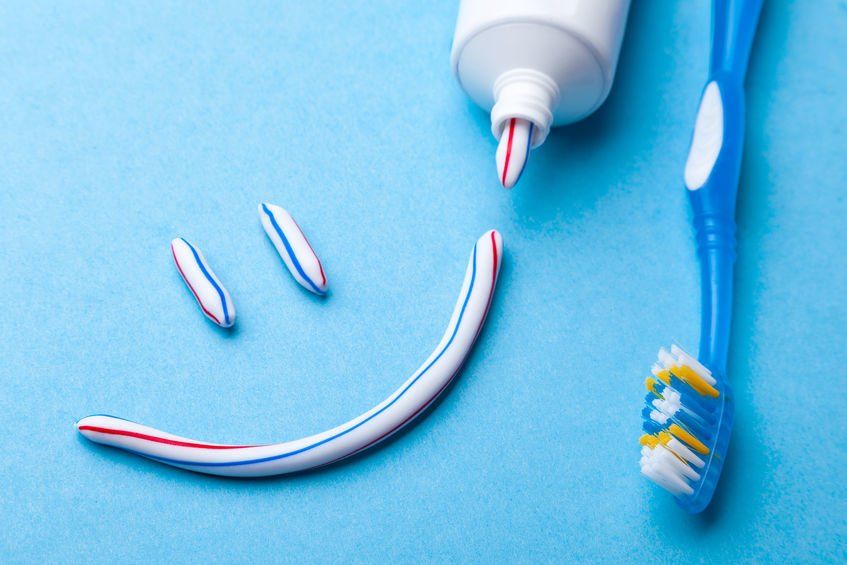Important Steps You Need to Take to Overcome Dentophobia
- By Mary Marks
- •
- 19 Aug, 2020
- •

Dentophobia, or the fear of dentists, is a common phobia
that lots of people have. Some of it is rooted in childhood, as people tend to
remember bad experiences when they were told that the dentist would cause them
pain, or when they had memories of actual pain being inflicted due to the
anesthetic not being strong enough. Other cases simply involve an irrational
fear that isn’t rooted into anything immediately visible. There is help though, visiting a
Denver sedation dentist that comes recommended
helps you to get over your dentophobia.
Regardless of why you’re afraid of dentists, it’s important to know that you can take steps to overcome your fears:
· Start by dealing with the physical effects of your fear that you feel in your body. Breathing and meditation exercises can help you with this, as can moderate to intense physical exercise that makes you feel stronger and more empowered.
· Look for the psychological roots of your fears or use simple psychological conditioning to just get rid of it, even if you can’t understand it. Rationalizing your fear will give you some stability in your stance, while using conditioning will help you to get used to the thing you were previously afraid of and associate better feelings and sensations with it – for instance, by visualizing sitting in your favorite chair while you’re in the dentist’s chair.
· Use your support system. Talk to people who can empathize with your fears and ask them for advice and support in dealing with it. Friends and family members who can relate or who go through similar fear and phobias should be your main target.





Although oral sedation dentistry Highlands Ranch is one of the optionsavailable for managing anxiety and discomfort during oral surgery, you certainly do not need to use it all the time. As a matter of fact, the exact type of sedation or anesthesia that you receive during oral procedures may depend on various factors, such as the complexity of the procedure, your medical problems, as well as your doctor’s preferences.
There can be several different levels of sedation that can be used in oral surgery. Local anesthesia is one of them. This involves injecting anesthetic medication into the specific area where the surgery will take place. It numbs the area and is often used for less invasive procedures.
Oral sedation involves taking medication in the form of a pill to induce a state of relaxation and drowsiness. The patient is still conscious, but he/she may not be fully aware of the procedure. At any rate, sedation helps him/her get rid of anxiety.
In the case of intravenous sedation, medication is administered through a vein, which induces a deeper state of sedation than oral sedation. Patients may still be conscious, but they are less aware of their surroundings and may not remember the procedure.





